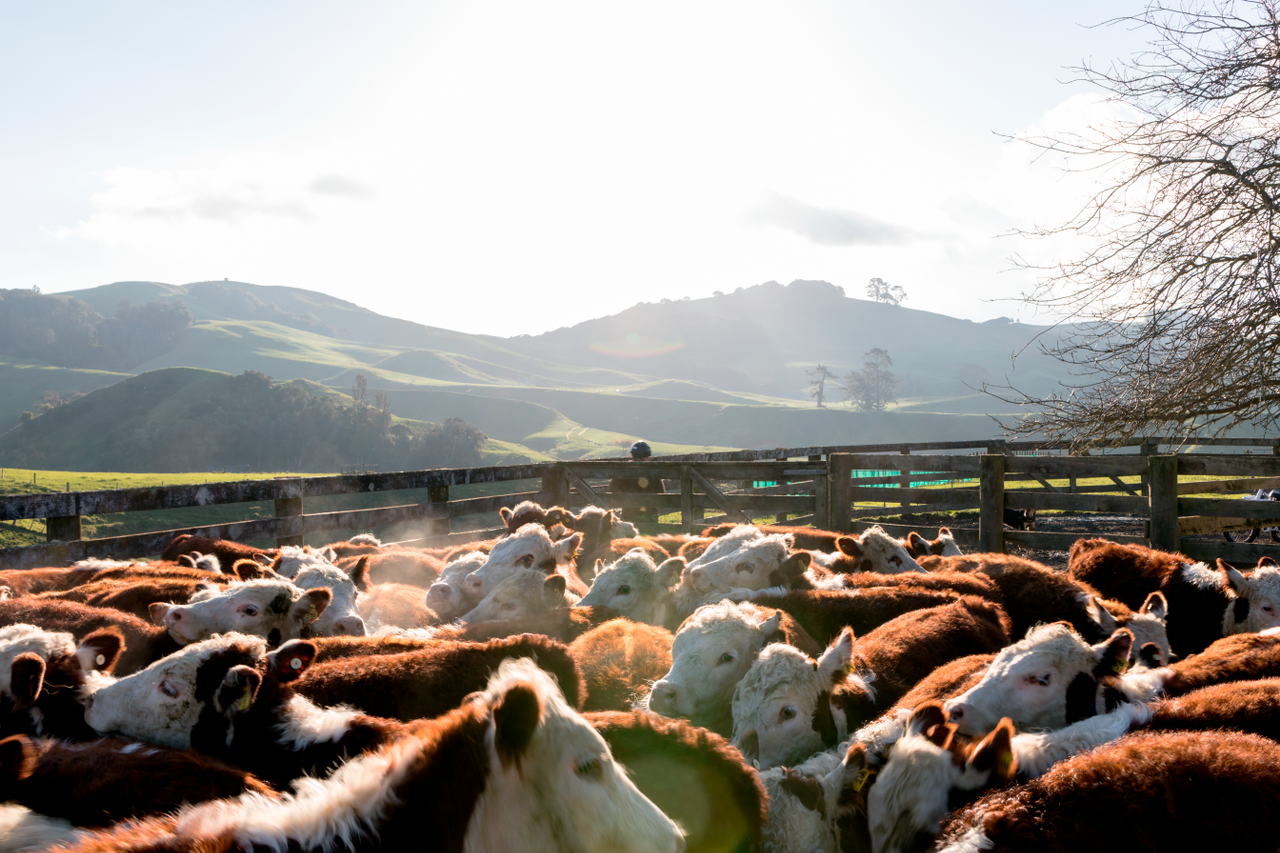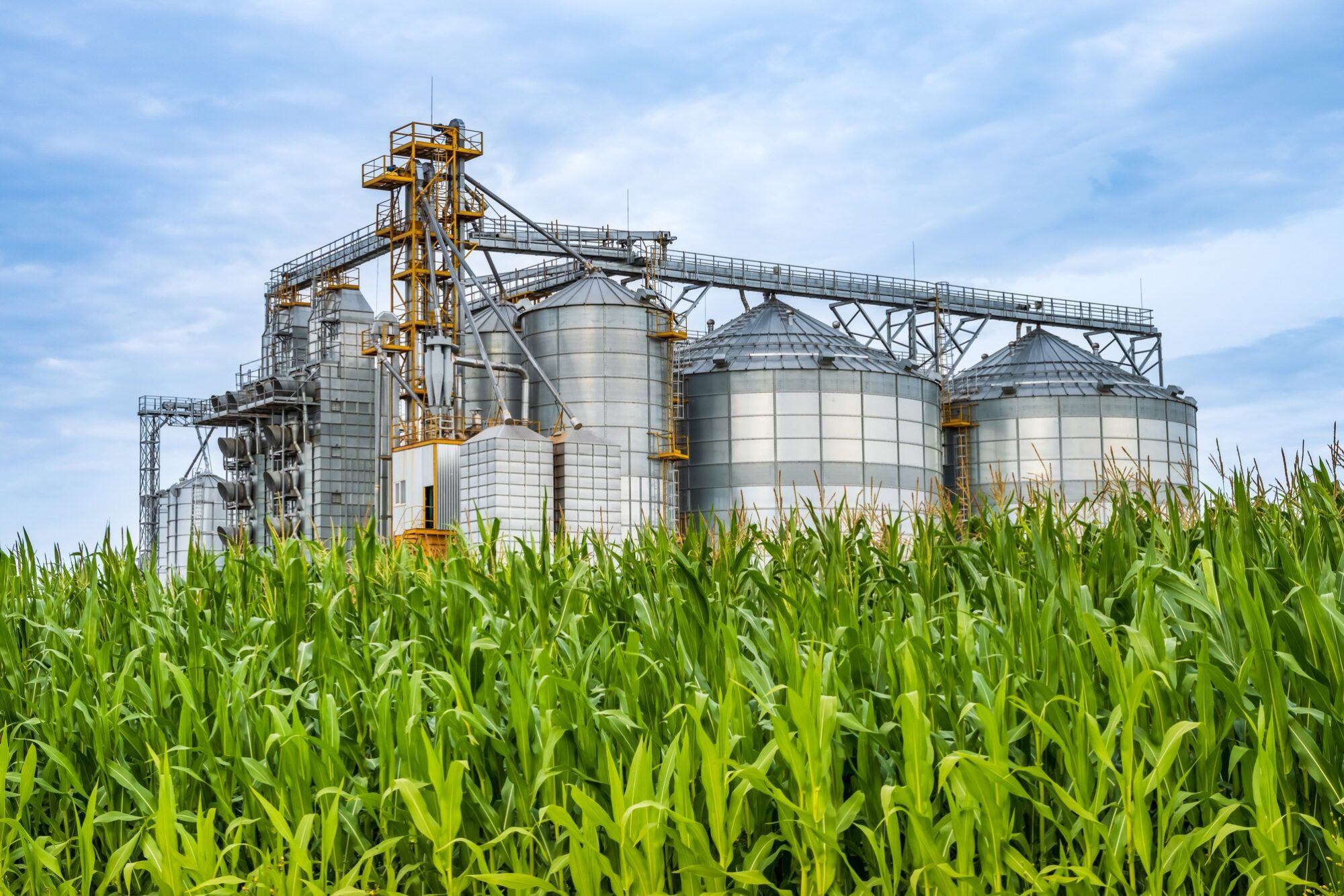Smart farming brings together the elements of technology, sensing and automation, and data analysis to help farmers manage risk, support productivity, and address sustainability.
This all relies on being able to make sense of data across time and geography, and in connecting multiple technologies and platforms. To address this need, we brought together a panel of industry specialists for a webinar focused on “A dive into spatial data interoperability”.
Our panel of speakers included Brendan O’Connell, CEO of AgriTech New Zealand, Andrew Cooke, CTO of Map of Ag, and Chloe Walker and Willis Richie from Precision Farming.
The power of industry collaboration
Brendan O’Connell discussed the vital need for pre-competitive collaboration in establishing industry standards. He advocated for creating a unified front by including different stakeholders who may have contrasting perspectives.
“Collaborating with people who may be competitors, who may occupy different parts of the supply chain, or who may have varying levels of interest to collaborate at this specific time, can be challenging. However, it is precisely these differences that present the real opportunity to bring people together and generate impactful results.” – Brendan O’Connell
An open-source approach to specifications
Andrew Cooke led attendees through the process of coordinating a diverse group to create useful specifications without getting caught in a drawn-out standardisation effort.
“We wanted to experiment with an open-source collaboration with a short MVP approach… to maximise reuse, avoid capture by any single organisation… and be globally available.” – Andrew Cooke
The Geospatial working group, with individual and business participants across New Zealand and Australia, made use of existing specifications and standards to avoid reinventing the wheel. The resulting framework provided definitions and a data schema for agricultural and horticultural land-based activities.
A focus on outcomes for farmers
Chloe Walker, COO of Precision Farming, reinforced the importance of delivering benefit to farmers:
“How do we make farm data simple, so farmers can focus on farming better, not paperwork?”
For Precision Farming, this has meant a transition from equipment solutions to a focus on data integration and turning that data into useful outcomes for farmers.
“There’s world-class technology on the market – we just need to make sure its interoperable,” – Chloe Walker.
Precision Farming’s Head of Technology, Willis Ritchie explained how each participant brought the benefit of their experience to the Geospatial working group.
“Before we joined the group, we were working with each data format, and doing what we needed to do… Bringing that experience to the group and saying ‘hey, look, here’s what we learned’ is hugely beneficial, not just for us but for the industry overall.” – Willis Ritchie.
As Precision Farming revises and upgrades its platform, Willis and his team review the open-source specifications, and look at how they can move to use the new framework. With multiple legacy integrations to support, this will be a journey, but the specifications set a clear path for industry to adopt over time.


